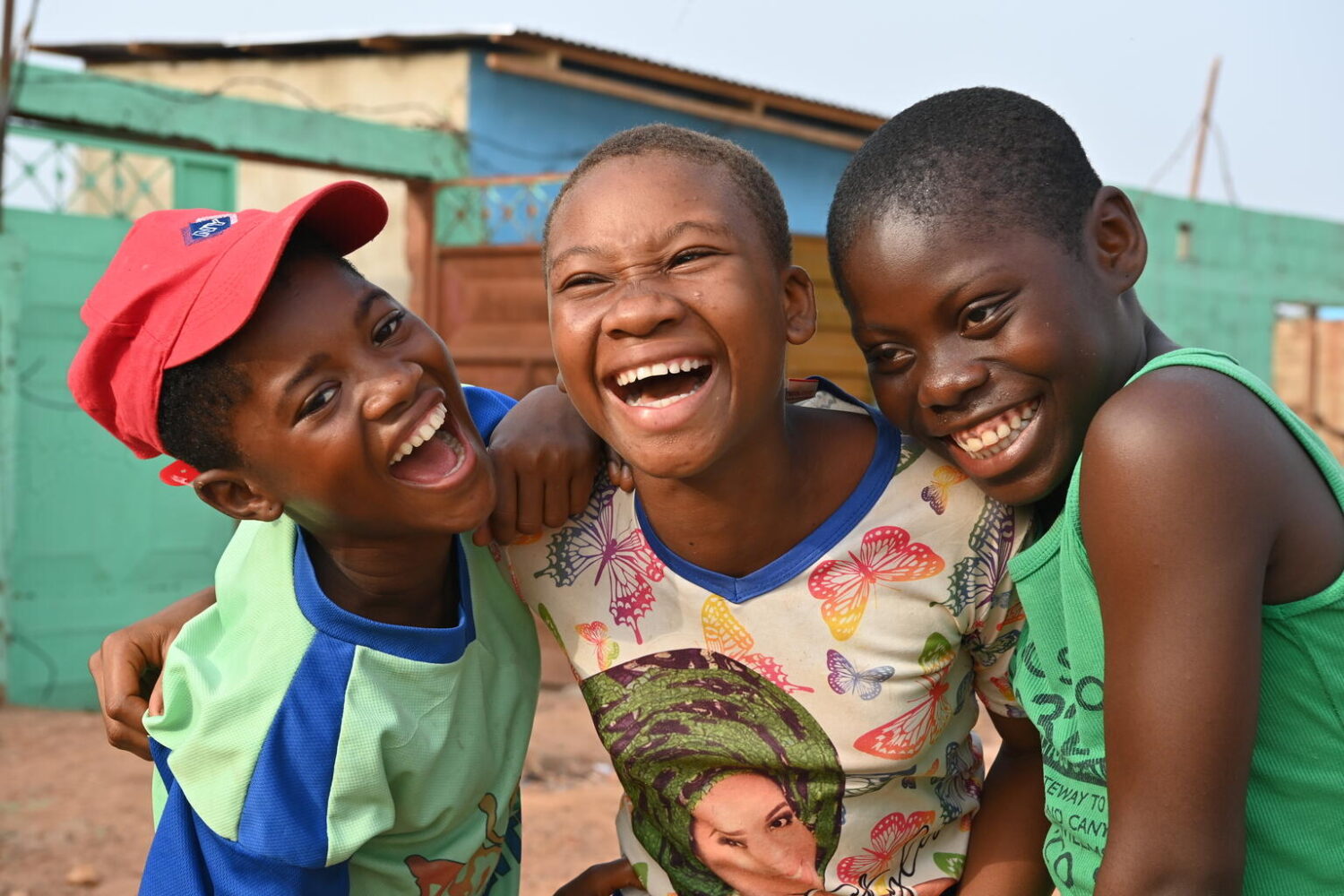
Statement by UNICEF Executive Director Henrietta Fore on children deprived of parental care due to COVID-19
NEW YORK, 19 July 2021 – “As the official COVID-19 death toll around the world passed 4 million earlier this month, UNICEF is increasingly concerned for children left without one or both parents.
“As with all crises and health pandemics, the most vulnerable children are at increased risk of losing parental care – due to death, severe illness or financial hardship. This in turn increases their risk of being placed in unsuitable alternative care.
“While it’s too early to estimate the number of children orphaned or abandoned as a result of the pandemic, a spike in deaths in some countries means many children already vulnerable to the impacts of COVID-19 face further emotional distress and protection concerns.
“The immediate and long-term damage caused by family separation and unsuitable alternative care, particularly in institutions, is well documented. Institutions are often characterized by inherently harmful living arrangements. Children may experience forced cohabitation and fixed routines not tailored to their individual needs. They are frequently deprived of the ability to make choices that suit their best interests.
“What’s more, children in alternative care are regularly isolated from their families and local communities. Deprived of parental care, they can endure physical, psychological, emotional and social harm, with consequences that last a lifetime. These children are also more likely to experience violence, abuse, neglect and exploitation.
“To prevent and respond to this crisis for children in the immediate and long-term, it is vital that governments provide families with the emotional, practical and financial support they need. At the same time, we must work to support a system whereby children deprived of parental care can be looked after by extended family members and not placed in unsuitable alternative care. This includes:
- Ensuring families have continued access to social protection, counselling, and health care.
- Strengthening child protection services, including the social service workforce, for vulnerable children and families.
- Working with employers to promote family-friendly policies that allow caregivers to care for the child under all circumstances.
- Keeping schools and other children’s services open and accessible.
“As COVID-19 continues to devastate families and communities, we must protect every child’s right to live and grow up in an environment that supports their physical, psychological, social and emotional development.”
###
For more information on UNICEF’s position on children in alternative care, visit: https://www.unicef.org/protection/children-in-alternative-care
Notes to Editors:
For more details, please contact UNICEF UK media team at 0207 375 6030, [email protected]
About UNICEF
UNICEF works in some of the world’s toughest places, to reach the world’s most disadvantaged children. Across more than 190 countries and territories, we work for every child, everywhere, to build a better world for everyone.
The UK Committee for UNICEF (UNICEF UK) raises funds for UNICEF’s emergency and development work for children. We also promote and protect children’s rights in the UK and internationally. We are a UK charity, entirely funded by supporters.
United Kingdom Committee for UNICEF (UNICEF UK), Registered Charity No. 1072612 (England & Wales), SC043677 (Scotland).
For more information visit unicef.org.uk. Follow UNICEF UK on Twitter, LinkedIn, Facebook and YouTube.


